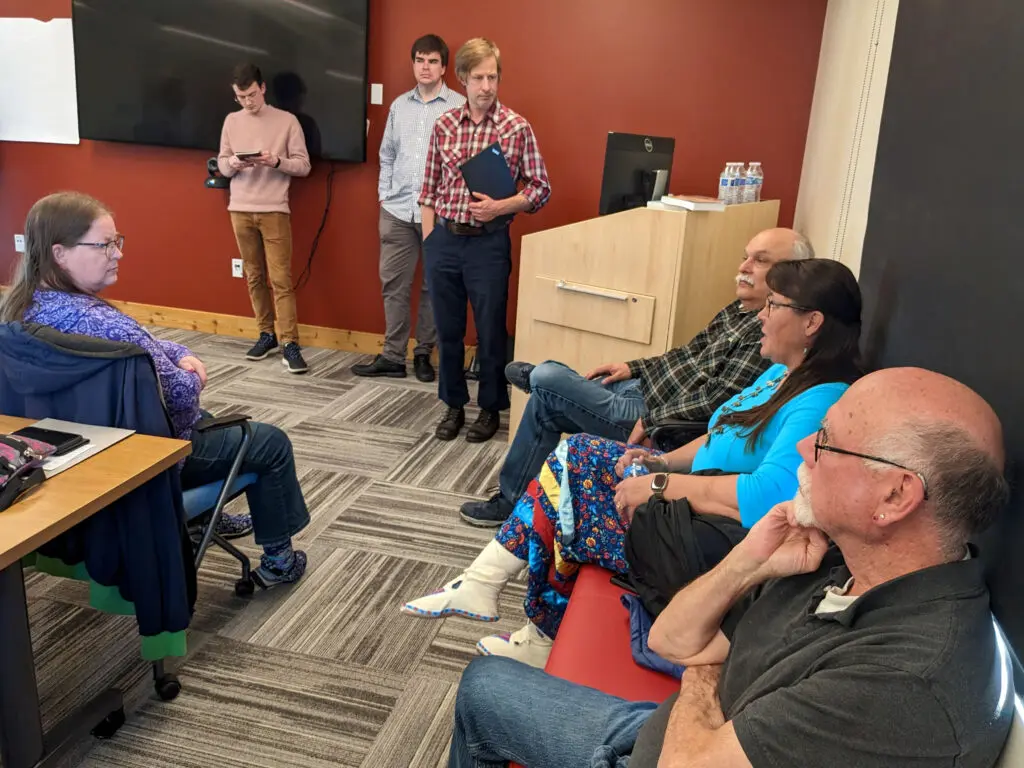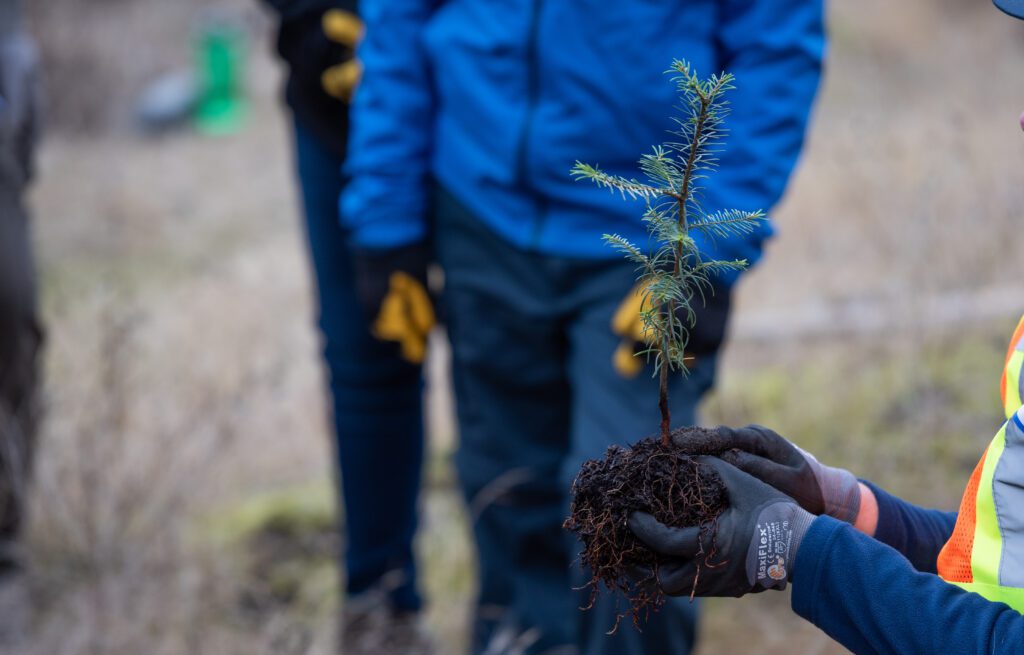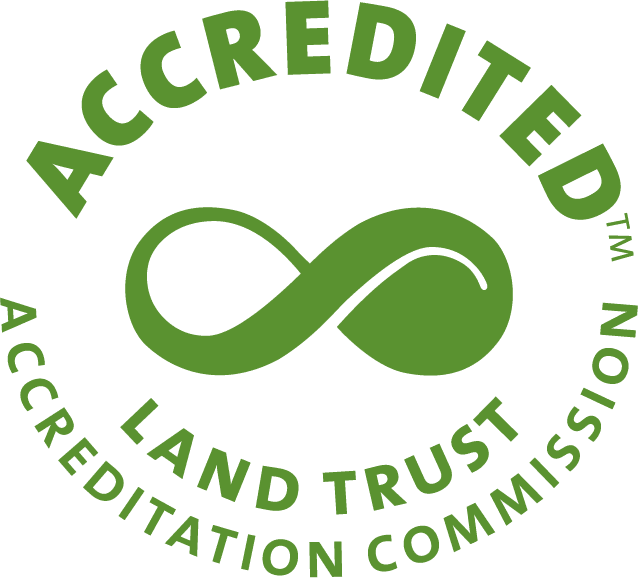Sunday, September 7, the air was clear and fresh around Puget Sound. Monday night an east wind began to blow, and we would not breathe or see quite the same for days and weeks to come. An unusual windstorm, a hallmark of winter arriving in halcyon summer, brought smoke from fires in eastern Washington, with smoke from Oregon and California moving in later that week. At times Seattle’s cityscape was cast in sepia, at others, in purple and orange pastel, the muted scenes pierced by the red circle of the sun. Beautiful if it weren’t horrific.
You can’t see far in the smoke, and yet, the situation demands that we look farther than our own predicament and acknowledge, yet again, that the fates of people and places across the planet are inextricably bound. But it’s also a reminder that suffering is not evenhanded. Seattle’s smoke comes from afar — not from the ground at our feet. We take to our homes to escape it if we can, if we don’t pick apples, drive a bus, or perform another job deemed essential during the quasi-quarantine of COVID-19. Meanwhile, the residents of Malden, Washington, have no homes left in which to take refuge. This Whitman County community of 200 lost virtually everything to fire. And of course, within these scenes of devastation in towns throughout the Northwest, there are those who have homeowners insurance and those who do not. The system’s not doing its part to even things out.
A history of fire suppression leads to megafires
Our forests don’t look the way they once did. The expansive, heavily stocked eastside forest we see today is the result of fire suppression, a forest management strategy intended to protect people and property. This practice has instead helped create human and natural disaster, the ashes of which are now seeping into our homes, clogging our noses, and making our eyes literally weep.
A century or two ago, the Washington landscape was a mix of forests of all ages, moist and thick, sparse and open, interspersed with prairies and conspicuously marked by fire. Some forests were more susceptible and burned more frequently but less intensely, clearing underbrush and allowing big old trees to thrive through fire after fire. Others, of the denser, darker kind, burned less frequently but more intensely in small or large patches, eventually reseeded and rejuvenated by intact surrounding forestlands. Each in its own way prevented fires from engulfing entire landscapes. For 10,000 years Native Americans used fire to create meadows and thin forests to encourage edible plants to harvest and grasses and shrubs to support the elk and deer they hunted. They set these fires in spring to reduce destructive out-of-control fires in summer.
Today’s megafires are fed by the build-up of vegetation from a century of fire suppression. And they are burning in places that have been transformed by human habitation. Historic forestlands between Eugene and Portland are now interspersed with dense human communities developed without consideration for the infrequent but intense fires of the past. These fires have been exacerbated by suppression, development, and fires ignited accidentally by people and power lines. Add to this the accelerant of climate change. More intense winds coupled with hotter and drier conditions have brought these fires to an intensity and scale we’ve never seen before. We know too much to hide from our collective accountability behind expressions of surprise.
Working toward regional sustainability and resiliency
So where is Forterra in all this? Our priority is sustainability and resiliency. We encourage growth in cities and towns to reduce our impact on the environment. At the same time, we are working with rural communities to protect forests and farms. Helping rural entrepreneurs sustain forests and farmlands as part of our economy while helping cities and towns be places of comfort, abundance, and sustenance for everyone feels more urgent than ever. We envision a region where rural abundance benefits locals as well as nearby city-dwellers; where we all have access to close-by greenspace and comfortable, attainably priced homes; where we can buy local farm produce, get to work and run our errands without sitting in endless traffic; where we can gather with friends and families, whether in a church or mosque, at school, or the neighborhood joint over a meal. The fear and suffering faced by so many in our communities — whether from the risks of the pandemic, social injustice, or now, once again, the fires — are heartrending. But it also offers the opportunity for us to come together, to be kind, learn, and refocus on our shared humanity and our shared love of this place and each other.
At Forterra we are grappling with equity and resiliency in our work with communities, from Darrington to Tukwila, Roslyn to Everett, and Aberdeen to the Hilltop in Tacoma, whether giving farmers the opportunity to sell the development rights to their land or striving alongside these communities to create comfortable housing that is affordable and built with responsibly sourced wood products that sequester carbon and generate well-paying rural jobs.
We apply these same principles to conservation. In the Chehalis River Basin we are working with landowners who choose to place conservation easements on riverfront property, allowing these areas to be restored and helping to buffer the community from the increased floods expected with climate change. Along the Cedar River and elsewhere, we are working with rural homeowners to restore habitat and create shade to help keep the waters cool enough for salmon as our summers get hotter. We manage nearly 17,000 acres of Forterra-owned land and easements to sustain valuable ecosystems and resilient forests. We are also helping guide volunteer-driven restoration of more than 13,000 acres of forested parks and public lands to offer habitat and ecosystem function, as well as respite and cooler temperatures in our most developed neighborhoods.
Across the country the town of Malden, Massachusetts, in partnership with its fire department, is fundraising to support its West Coast namesake. They didn’t need the smell of smoke to act, but in the days since, smoke from the West has spread and is graying skies across the East Coast as well. We certainly are all in this together.






